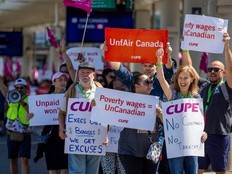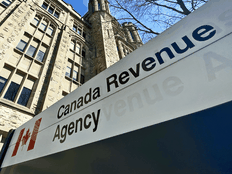EDITORIAL: Carney defies calls for a spring budget

Article content
By failing to produce a spring budget, Prime Minister Mark Carney is defying the will of the House of Commons and raising concerns in financial markets about the government’s lack of financial transparency that could raise Canada’s borrowing costs.
This comes on the heels of a report by the Organisation for Economic Co-operation and Development released Tuesday that says Canada will be one of the developed world’s hardest hit economies this year and next.
Predicting 1% economic growth for Canada this year and 1.1% in 2026, compared to global growth of 2.9% in both years, the OECD said “the slowdown is expected to be most concentrated in the U.S., Canada, Mexico and China, with smaller downward adjustments in other economies.”
It’s true, as Carney has said, that Canada can’t control the actions of U.S. President Donald Trump whose trade war is contributing to economic uncertainty.
But Carney can control the release date of the federal budget.
All the opposition parties combined forces on Monday evening to pass a Conservative resolution calling for a federal budget or economic statement before Parliament adjourns for the summer.
The motion passed by 166 votes with 164 Liberal MPs voting against.
While it isn’t binding on the government it adds to growing concerns about Carney’s decision to delay the federal budget until the fall.
Reuters news agency has reported that the Canadian government’s debt issuance in that budget is expected to surpass the previous record high during the pandemic, which could raise borrowing costs on Canada’s debt.
Carney has said releasing a budget before Parliament adjourns for the summer would be premature given that the numbers are changing due to the continuing economic impact of Trump’s tariffs and what will be Canada’s increased commitment to defence spending.
But the lack of a spring budget, “raises questions about transparency and contributes to greater economic and fiscal uncertainty,” said Joshua Grundleger of the Fitch Ratings service, which has warned about Canada’s rising debt levels, although it has not yet lowered Canada’s credit rating.
“It would be helpful for markets to have a clear sense of which aspects of the (Liberal) party platform will be implemented and what the ultimate impact will be on deficits, debt and the taxpayer,” Grundleger said.











Postmedia is committed to maintaining a lively but civil forum for discussion. Please keep comments relevant and respectful. Comments may take up to an hour to appear on the site. You will receive an email if there is a reply to your comment, an update to a thread you follow or if a user you follow comments. Visit our Community Guidelines for more information.